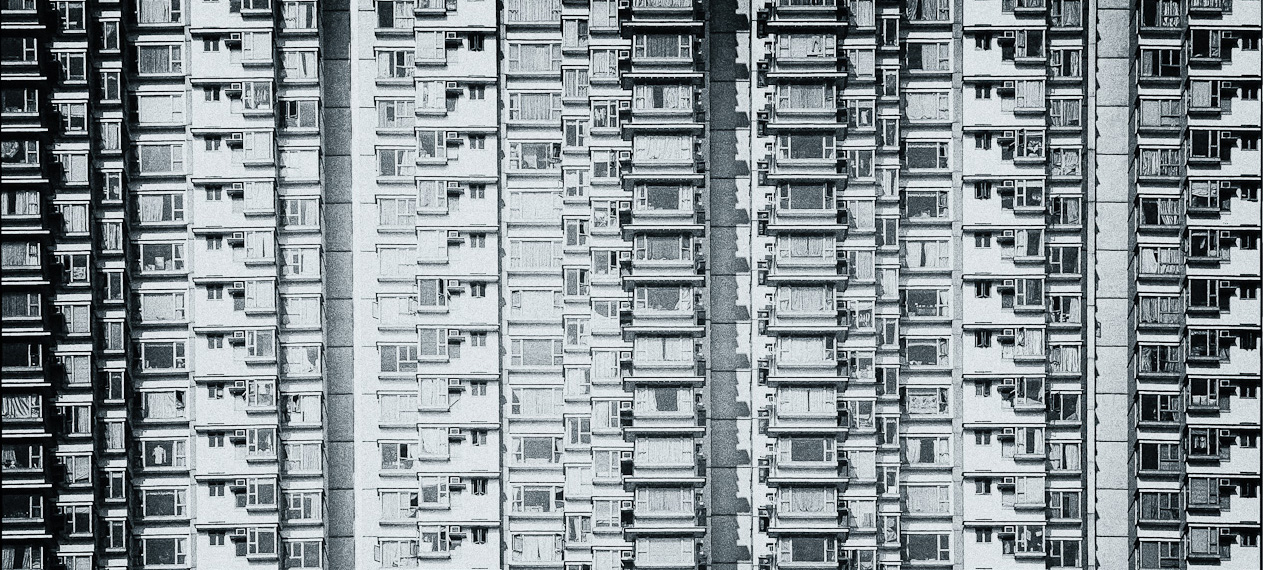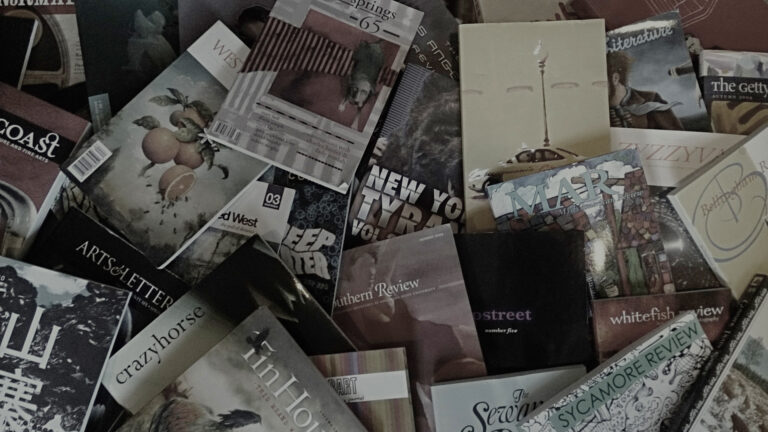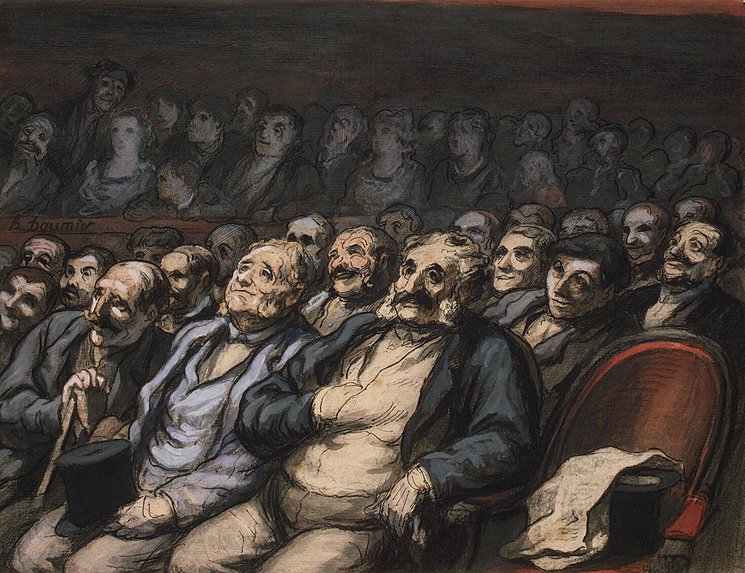“This World and the World Just Beyond It”: An Interview with Brynn Saito

Brynn Saito’s poems are lyrical, sometimes mystical, dream-like yet also grounded in what feels like lived life. Her debut book, The Palace of Contemplating Departure, is marked by a striking voice that sounds both of this world and as if it comes from somewhere far above it. With Traci Brimhall, she also co-authored the chapbook Bright Power, Dark Peace. Brynn lives in the San Francisco Bay Area where she directs the Center for Spiritual Life and teaches at the California Institute of Integral Studies.
Matthew Thorburn: The distinctive, dream-like voice in these poems hit me right from the first line of the opening poem: “According to Theresa I was born from a wolf.” Is this something you were conscious of or worked toward as you wrote the poems?
Brynn Saito: I wasn’t conscious of working on those registers—the grounded and the mystical—but both are surely there. I was raised within the Japanese Buddhist and Christian communities—a strange and dynamic spiritual brew!—and those cultural contexts imprinted my orientation to The Word and The World in powerful and unnamable ways. Incidentally, I had just seen Kiki Smith’s Rapture—a sculpture in which a woman rises naked from the body of a wolf—when I wrote the first line of the first poem. I love her piece for the way it concretely manifests the mythic and glosses it with an allusion to the biblical. “Try to praise the mutilated world,” writes Adam Zagajewski. I want to know how to praise (how to know, through poetry) this world and the world just beyond it.
MT: A sense of place seems very important in your poems, whether it’s a city, an apartment, or just being situated in a particular landscape. The book’s title is even a place. Could you talk about how a sense of place influences or is important to your work?
BS: I suppose I believe, like many others, that places—especially cities—are shaping forces as impactful as the great loves and lovers of our lives. I was doing a lot of leaving and arriving those years I was writing the book—a lot of contemplating departure, moving, rooting, and un-rooting. All which might account for my current obsession with the field of ecopoetry—its rising influence, urgency, and scope (what counts and doesn’t count as ecopoetry?). I want to inquire even more bravely into the shaping forces of our changing environs. How does where we are—in history, time, space, etc.—make possible the freedoms and oppressions of our existence? How do travel and migration transform who we might become? What makes a place sacred and what makes the body a place—a site of transfiguration and historical memory?
Incidentally, right before The Palace was published, I decided to go alone to South Korea to visit the actual Pavilion of Contemplating Departure in the Palace of Glorious Virtue in the heart of Seoul. Just me and my book in the January cold, wandering the places that had inspired the collection’s title and spirit—a very meaningful trip.
MT: I’m always interested to hear how poets find that larger shape that enables a group of poems to become a book. What was your process like for putting the manuscript together?
BS: The process was a strange one involving unexpected stages. One of the most helpful moments I can recall is printing out all of the pages and getting away to a cabin in northern Michigan with one of my best friends, poet Traci Brimhall, and splaying the pages everywhere with a couple of glasses of wine and an entire evening in which to shuffle the pages around. Making the process physical and collaborative was a game-changer. As was getting the manuscript rejected from the first 12-13 open reading periods and book contests to which it was initially submitted. Each rejection brought another stage of editing and clarification. Eventually, a form emerged, almost organically—a form that was much different from my original vision. The poems in each section started speaking to one another. Finally, the editors suggested the title, and suddenly I saw the book for what it was—a book of poetry about departure.
MT: What are you working on now? What’s next for you?
BS: I’m currently obsessed with water, rivers, floods, droughts, and grief. I recently collaborated with the artist Carolina Caycedo on a project called One Body of Water, a performance staged near the LA river in which the stories and struggles of three contested rivers were spoken and sung. The project has impelled me to make the next book an inquiry into water—the waters of devastated rivers, the waters of grief.
MT: What have you read recently that moved you?
BS: In line with my water obsessions, I just read Tamiko Beyer’s We Come Elemental—a beautiful book of lyric poetry. I love how the voices in that book felt fluid, summoned from the elements, and pulled along by the forces of longing.


